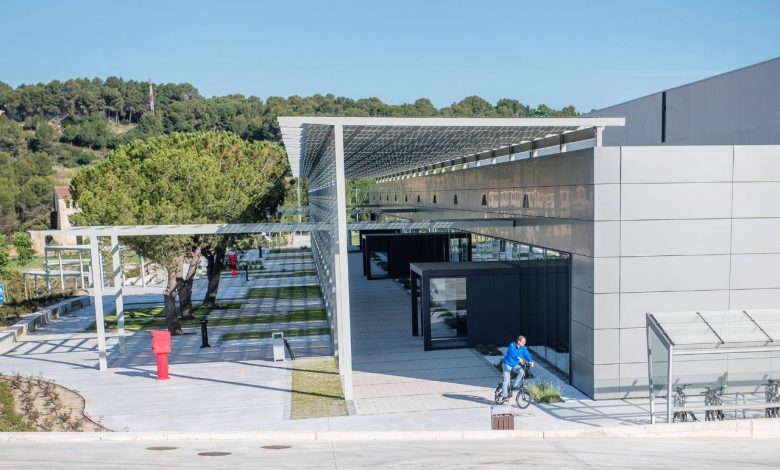HP Opens New 3D Printing Center in Spain
The new 150,000-square-foot facility is dedicated to the advancement of 3D printing.
Palo Alto, California-based HP announces the opening of its new 3D Printing and Digital Manufacturing Center of Excellence in Barcelona, Spain. The company says the 150,000-square-foot facility is one of the world’s largest and most advanced research and development facilities for the next-generation technologies powering what is called the Fourth Industrial Revolution. The new center brings together hundreds of the world’s leading additive manufacturing experts in a space that is about the size of three football fields.
The 3-plus acre facility is dedicated to the development of HP’s industrial 3D printing portfolio and provides a large-scale factory environment to collaborate with customers and partners on the digital manufacturing technologies revolutionizing their industries.
Specifically designed for active collaboration across HP engineering and R&D groups, customers, and partners, the new facility integrates flexible and interactive layouts, co-development environments, and fleets of the latest HP plastics and metals 3D production systems to drive more rapid and agile product development and end-to-end solutions for customers. Leaders such as BASF, GKN Metallurgy, Siemens, Volkswagen and others across the automotive, industrial, healthcare, and consumer goods sectors will continue collaborating with HP on new 3D printing and digital manufacturing innovations at the center.
The 3D Printing and Digital Manufacturing Center of Excellence also reflects HP’s commitment to the environment by incorporating a photovoltaic canopy to provide 110kW of power, rain water reuse for irrigation and sanitary purposes, HVAC and natural light optimization, and eco-friendly construction materials with a goal of achieving a LEED (Leadership in Energy and Environmental Design) Certification. At a company level, HP’s goal is to use 100% renewable energy in its global operations over time, with a target of 60% by 2025.


